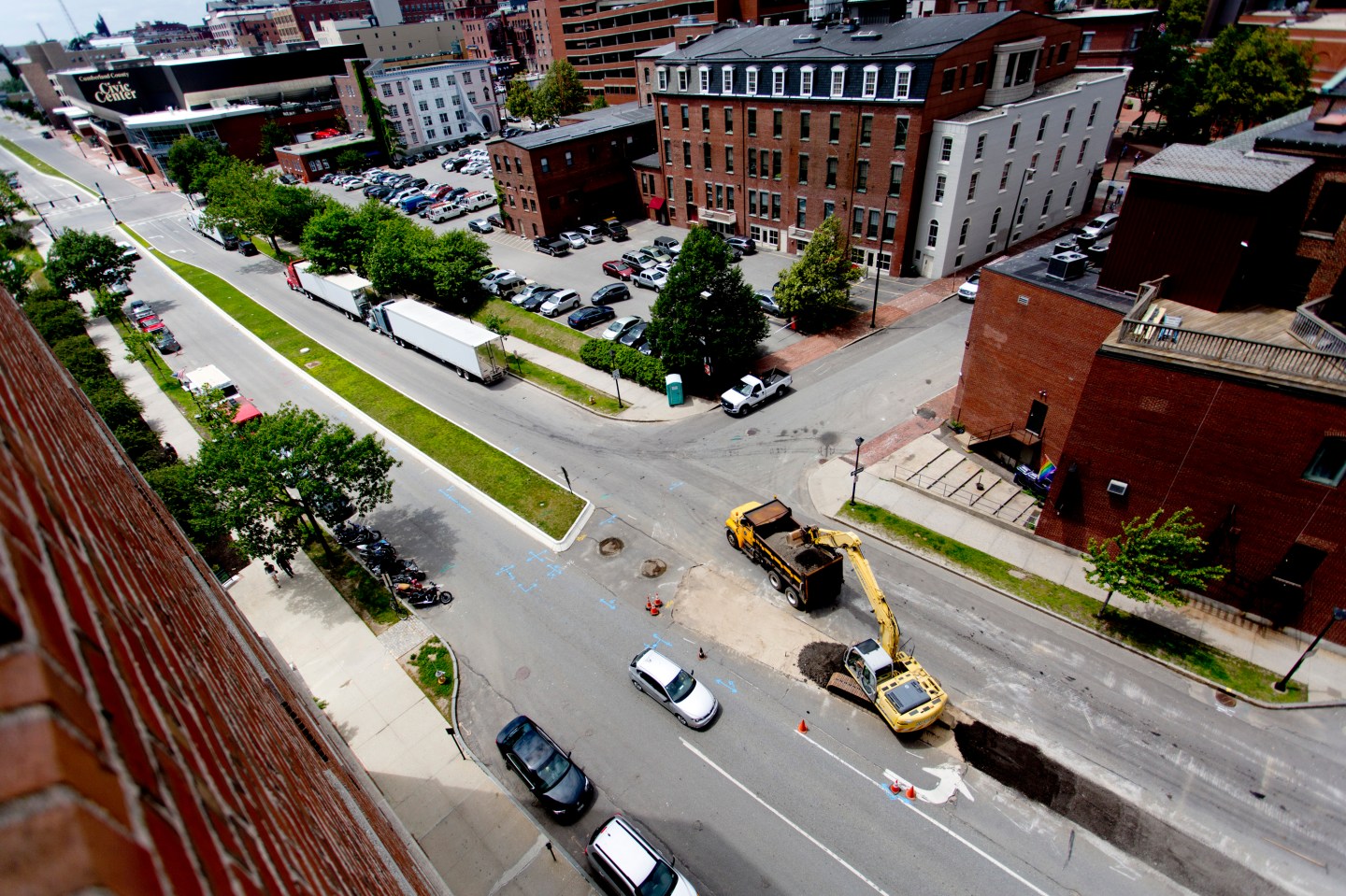For the past few years, cities and states across the country have raised their minimum wages in hopes of boosting the livelihoods of low-wage workers.
Portland, Maine joined the mix earlier this week by raising the wages of tipped workers—the only difference is that city didn’t mean to do so.
On Monday night, the Portland City Council approved raising the city’s minimum wage for all worker from $7.50 to $10.10. In approving the ordinance, they also nearly doubled the rate that business owners must pay their tipped employees.
In many jurisdictions—and federally—there are two tiers of the minimum wage. The full, “normal” minimum wage is paid to workers who don’t receive tips. Employees who get gratuity from customers are often paid less—the idea being that the tips they receive will make up the difference between the so-called tipped minimum wage and the normal minimum wage.
In Maine, employers are allowed to pay their tipped workers $3.75 less than the statewide minimum rate of $7.50. When Portland approved the $10.10 per hour rate, it became the first Maine city to set its own minimum wage. Though Portland separated itself from Maine’s statewide $7.50 rate, the $3.75 deduction rule stayed in place, meaning that Portland restaurant owners who currently pay their servers and hostesses $3.75—$7.50 minus the $3.75 deduction—will have to pay them $6.35—$10.10 minus $3.75 —when the new minimum wage goes into effect on January 1.
It’s a tricky law that seemed to stump lawmakers in Portland, including Mayor Michael Brennan, who’d repeatedly stated that he didn’t want to increase what employers paid tipped workers for fear of harming the city’s tourism industry.
“It was very clear that we weren’t trying to move toward increasing the financial impact on restaurants,” Brennan told the Portland Press Herald, which first reported the news.
“We have six months before this goes into effect,” Brennan said, before asking Press Herald reporter J. Craig Anderson his advice on how to fix the mix-up.













